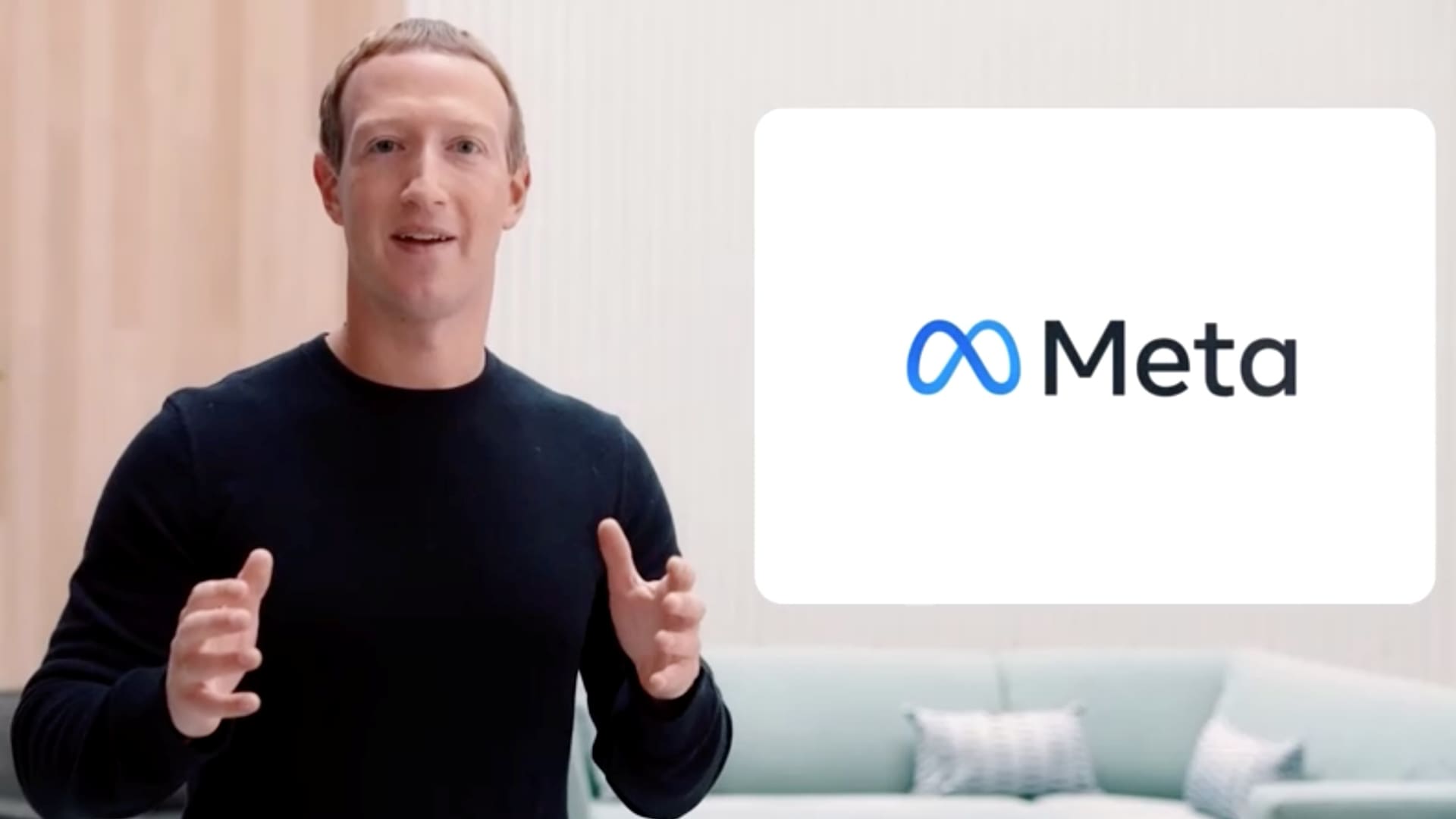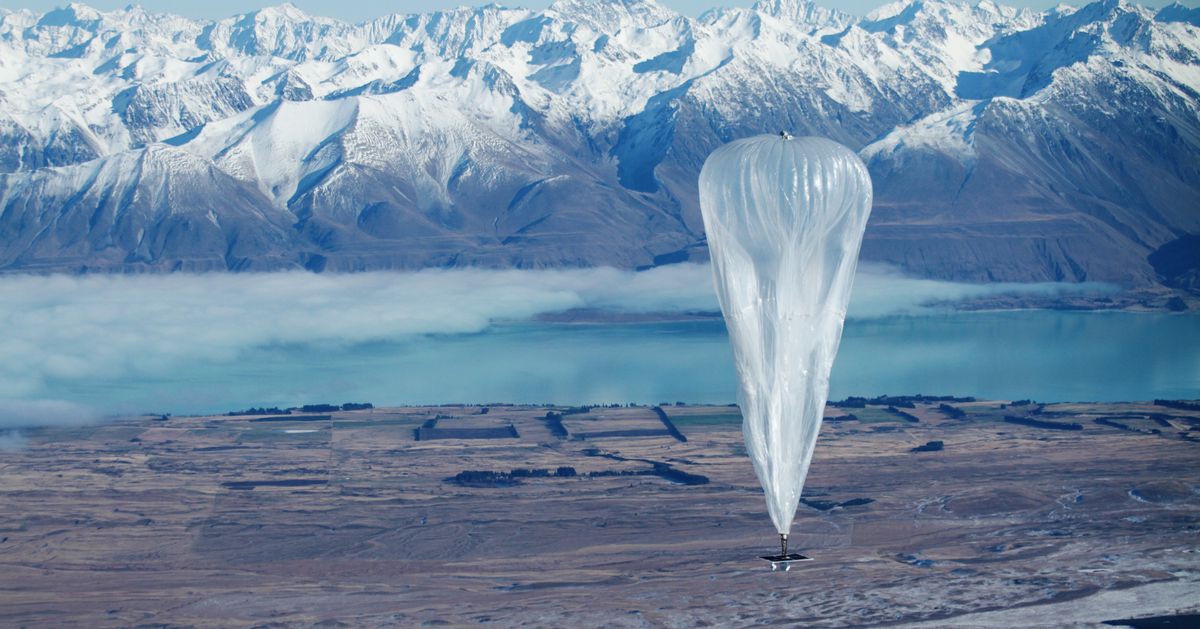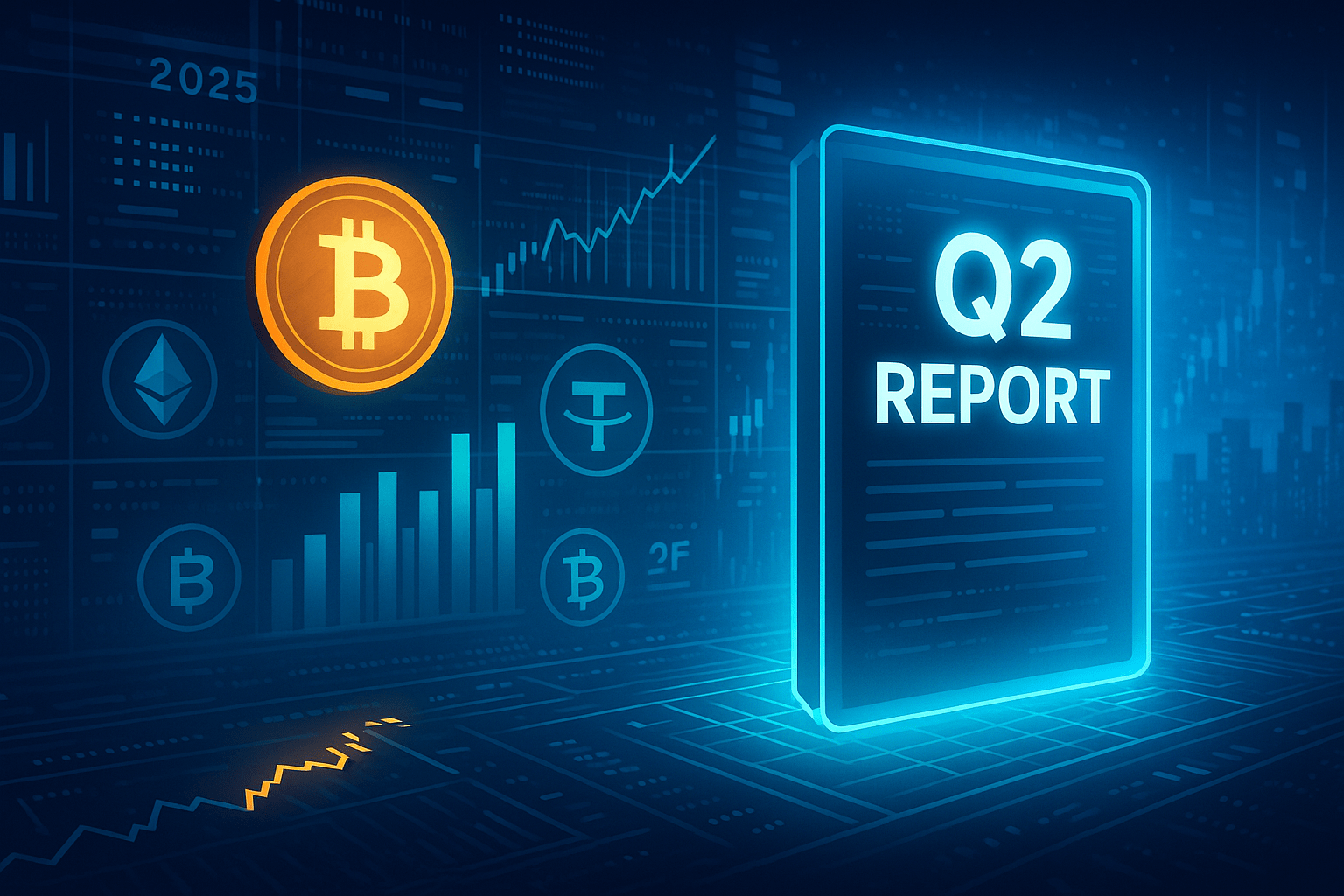What's next for Meta's metaverse
It's been three years since Facebook changed its name to Meta and went all in on the metaverse, and a decade since it purchased Oculus. What happened?

In October 2021, Facebook CEO Mark Zuckerberg sent his trillion-dollar social media company into a new direction. Facebook changed its name to Meta and Zuckerberg set his sights on a new horizon, the metaverse.
"There was genuinely a need and a desire at the time for Facebook, the company, to rebrand into something else," said Leo Gebbie, principal analyst and director at CCS Insight. "The company Facebook wanted to make clear that it was more than just that one social website."
While the term metaverse predates Facebook, Zuckerberg's metaverse ambitions have existed inside Meta since 2014, when Facebook bought virtual reality headset developer Oculus and launched Reality Labs. Seven years and a global pandemic later, global video game industry revenue topped $193 billion. Meta — and Wall Street — saw an opportunity to capitalize on an increasing online population, riding in on a virtual reality headset wave.
"There was a bit of a sense in 2020 and into 2021 that this was a technology that was ready, that it was finally going to hit the big time," says Gebbie. "We've had a lot of false dawns in virtual reality in the past."
In December 2021, Horizon Worlds launched in the U.S. and marked Meta's entrance into the open world virtual reality platform space. Meta had a short-term goal of 500,000 monthly active users in Horizon Worlds by the end of the year. But its long-term goals were more ambitious. In June 2022, Zuckerberg told CNBC's Jim Cramer that he expected one billion users by the end of the decade, doing "hundreds of dollars of e-commerce each."
The company has a very long way to go.
What happened to the metaverse? What exactly is the metaverse? And where is Meta today? Watch the video to learn more.
— CNBC's Jonathan Vanian contributed to this report.

 UsenB
UsenB 































